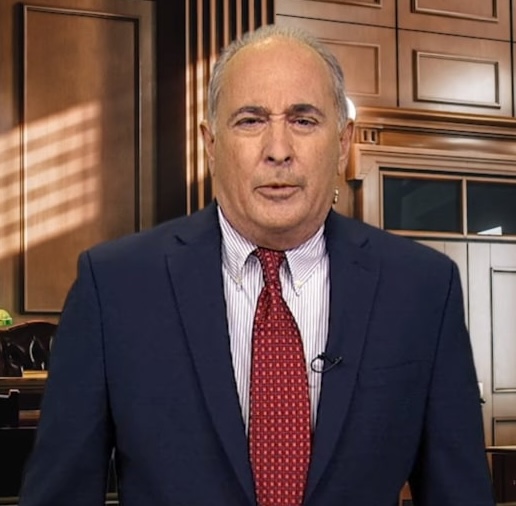
It is not uncommon for a spouse to file bankruptcy during, shortly before, or after a Florida Dissolution of Marriage case. (i.e. Florida divorce) A number of sections of the United States Bankruptcy Code address the handling of divorce issues in bankruptcy cases. A. History And Terminology As an initial matter, most bankruptcy courts in Florida (and in fact throughout the country) agree that bankruptcy judges should avoid wading into Florida family law matters, and defer to state court judges and their established expertise in matrimonial matters.
For example, the issue of dividing marital property under domestic relations law is left to state court judges. Debts for alimony and child support (known as “domestic support obligations a/k/a DSO”) are granted special status in the Bankruptcy Code. Other than the possible exception of administrative expense claims, DSOs are the highest priority claims.
This means that your DSO claim will be paid before other claims, such as credit card claims. You may have other claims against your former spouse, such as a claim to marital property. This type of claim, unlike the DSO, is not granted special treatment in your former spouse’s bankruptcy case.
B. The Effect Of A Bankruptcy Filing The “Automatic Stay” of the Bankruptcy Code prevents the filing or continuation of most lawsuits against the bankruptcy debtor. Florida Family law cases are different. The Bankruptcy Code does not prevent the filing or continuation of a civil action for: the dissolution of marriage; redress of domestic violence; establishment or modification of a DSO order; child custody or visitation; or the collection of a DSO from the bankruptcy debtor’s property that is not property of the bankruptcy estate. Permission of the bankruptcy judge is needed, however, for the matrimonial court to decide issues relative to claims to marital property and equitable distribution.
C. CAN A DEBT ARISING FROM DIVORCE BE CANCELLED IN BANKRUPTCY? If your spouse files Chapter 7 (straight liquidation) no matrimonial debts (DSO or property claims) can be cancelled in the Chapter 7 discharge. These debts survive the bankruptcy and you are free to continue your efforts to collect. If your spouse files Chapter 13 (Adjustment Of Debts Of An Individual With Regular Income) the spouse must file a plan (that must be approved by the bankruptcy judge) detailing how the creditors will be paid. DSO claims must be paid in full.
In addition, your spouse must be current on all DSO payments due after the filing of the Chapter 13 Case. If your spouse files Chapter 11 (Reorganization) the Chapter 11 Plan must provide for payment in full of the DSO Claim. Also, your spouse must be current on all DSO payments due since the filing of the Chapter 11 Case. The intersection of bankruptcy law and family law is complicated and requires the guidance of an attorney that possesses knowledge and experience in this practice area. Todd has significant experience in these matters and stands ready to help you!

